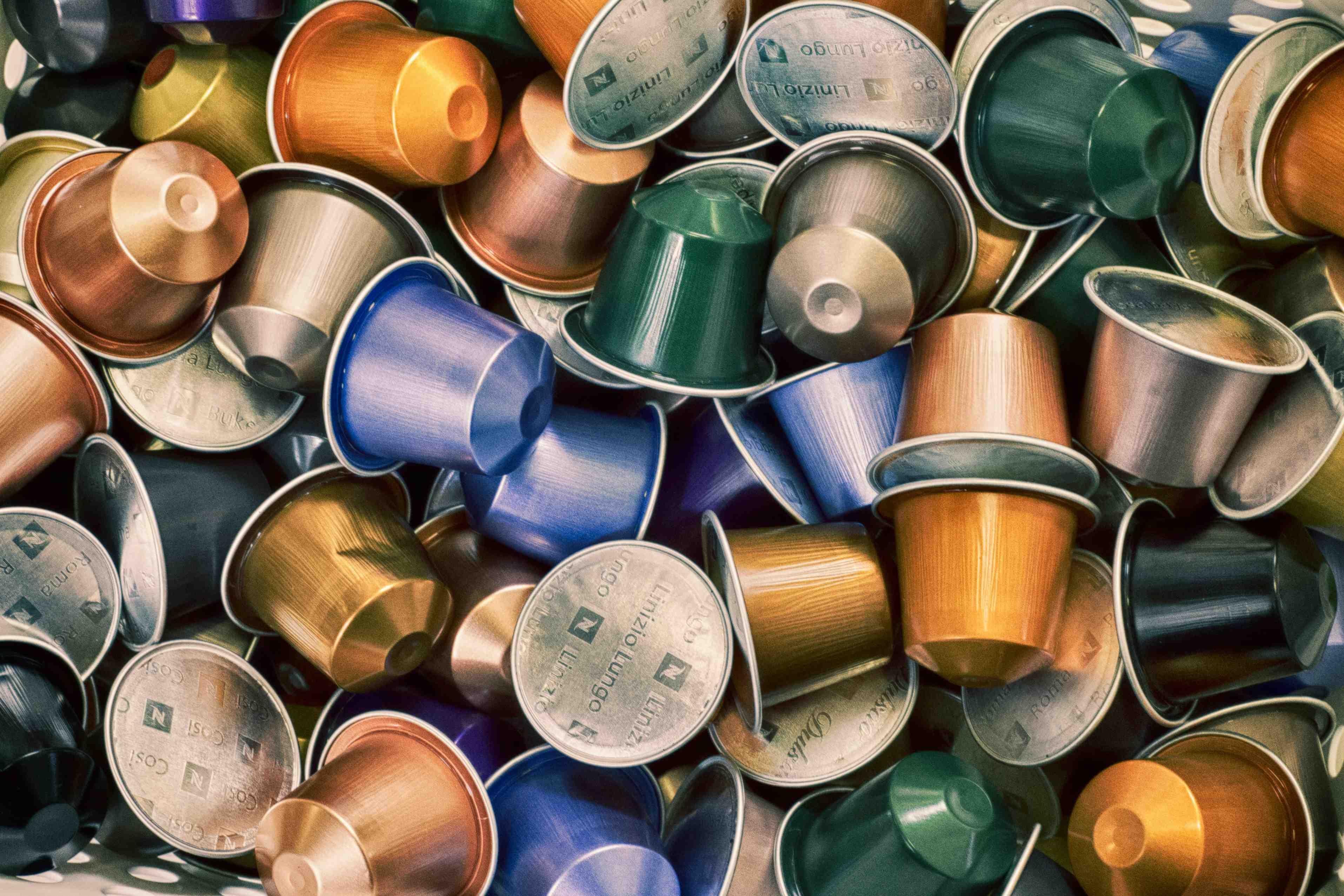Are Coffee Pods Bad for You? Here’s the Truth Behind Single-Use Plastic Pods
"They can wind up in your drink."
Published Nov. 6 2025, 3:16 p.m. ET

Your favorite coffee beans may actually have ground-up insects mixed in, but experts don't think there is too much for you to worry about. Instead, as you contemplate how best to reuse and recycle your used coffee grounds, healthcare professionals and environmental experts alike are most concerned about the deleterious effects of single-use plastic pods on the human body and the environment.
We get it; single-use plastic coffee pods are incredibly convenient and leave no mess. But at what cost?
Despite the affordability and ubiquity of reusable coffee pods, coffee consumers nevertheless insist on their single-use plastic pods that harm the human body and contribute to the global plastic waste crisis. With all of that in mind, let's examine why coffee pods are so bad, in every way, and should be avoided.
Continue reading below to learn more about why you should swap single-use plastic coffee pods for greener alternatives.

Are coffee pods bad for you?
As Matt Fuchs writes in TIME, coffee pods can shed microplastics that are released into your morning cup of coffee. Delicious!
"In 2024, researchers showed that patients with microplastics in their arteries had a higher risk of heart attack, stroke, and early death," Fuchs wrote.
Essentially, the single-use plastic coffee pods break down during the heating process that brews your cup of coffee. "They can wind up in your drink, making for a cocktail of convenience, caffeine, and microscopic debris," according to Fuchs.
Why is that so important — and concerning?
According to the Stanford Report, microplastics have been discovered in the human brain, testicles, heart, stomach, lymph nodes, placenta, as well as in urine, breast milk, and a newborn's first stool. The accumulation of microplastics since, literally, birth, means we are a ticking time bomb for health issues.
Scientists have drawn on animal studies to make inferences about how deleterious the accumulation of microplastics can be on the human body.
"Studies show that microplastics make fish and birds more vulnerable to infections," per the Stanford Report. "Animal and cellular studies have linked microplastics to biological changes, including inflammation, an impaired immune system, deteriorated tissues, altered metabolic function, abnormal organ development, cell damage, and more."
Indeed, from reproductive issues to colon and lung cancer, and a higher risk of heart attack, stroke, and death, microplastic accumulation is a serious issue.
But wait! That's not all!
According to research published in the National Center for Biotechnology Information, "Because of their high resistance to degradation, microplastics persist for a long time in the environment," and because we haven't successfully removed microplastics from the planet, "The chemical substances that enter their composition, as well as the pollutants adsorbed and released by microplastics, generate harmful eco-toxicological effects for the health of animals and people."
All told, the momentary convenience of purchasing a cheap, single-use plastic coffee pod that requires no clean-up can have disastrous effects on the human body, your offspring, and the planet.
It's been quite clear for decades that plastic use is a serious threat to our health and the health of the planet, but if there was ever a time to quit single-use plastic coffee pods, now would be it.
Compostable coffee pods are a greener alternative.
Compostable coffee pods are every bit as convenient and, now, ubiquitous as single-use plastic coffee pods. As the Happy Mothering website explains, compostable coffee pods will break down into soil over time, unlike the more permanent plastic alternatives. Whether your compostable coffee pod can be composted at home or at an industrial facility, it is certainly a greener alternative to plastic.
More eco-friendly coffee pod brands include Tayst Coffee, Purity Coffee, and Mississippi Mud Coffee.